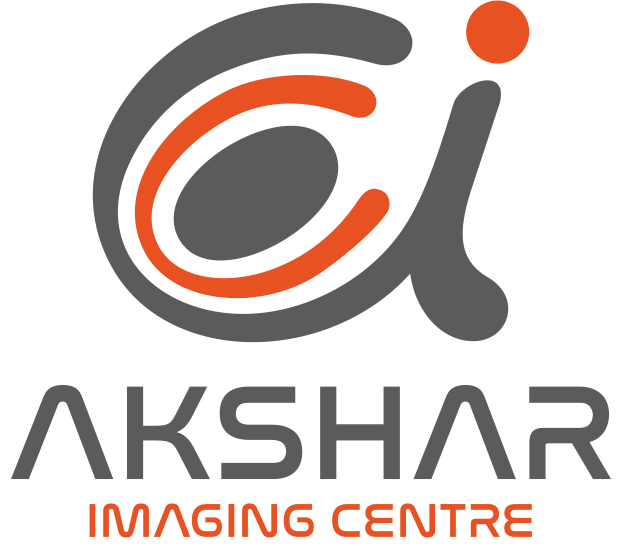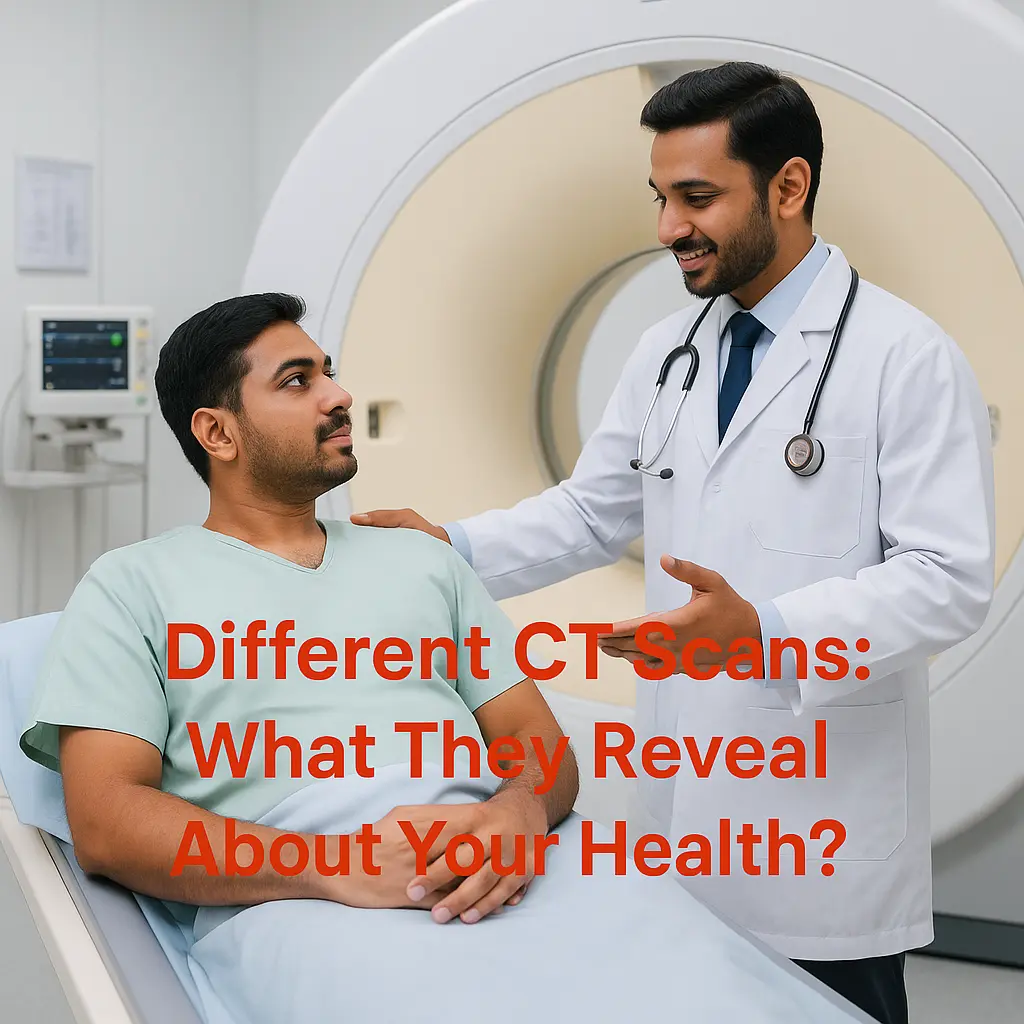Harvard Health explains that CT scans used in the United States have skyrocketed. It increased to $80 million compared to $3 million in 1980. This drastic development illustrates the extent to which this technology is a sine qua non for current healthcare. A CT scan provides a multi-dimensional picture of the body, unlike just an X-ray view of the body. It enables doctors to diagnose other conditions, including minor fractures in the bones and early tumours.
When you need a reputable CT scan centre in Gota, it’s crucial to understand that the right one can play a vital role. Other than good reporting, it entails patient satisfaction, advanced technology, and swift diagnosis. The cases involving head injuries, abdominal pains, and other disorders are domains where several types of CT scans can assist the doctors in being precise in their description of the disorder and attribute some advantages to the treatment process.
What is a CT Scan?
A CT scan does not hurt. It combines X-rays with computer technology to build detailed images of the body. Regular X-rays show only two dimensions. A CT scan slices the body thinly and presents a 3-dimensional image. Doctors utilise this to identify injuries, tumours, or indications of infection.
A CT Scan Test is a quick, non-invasive test. It may be carried out on an outpatient basis. This means that the patient is required to go home on the day of the test. Medical professionals recommend using contrast dye to highlight blood vessels or organs. It results in accurate imaging; however, it depends on the type of test conducted.
Different Types of CT Scans: What They Reveal?
Head & Brain CT Scans
Such scans are usually applicable when the patients complain of head injuries or are dizzy and are also symptomatic of a neurological characteristic.
- CT Brain & Head: Spot signs of stroke, bleeding, tumors, and trauma
- CT PNS (Paranasal Sinuses): Sinus infection or blockage
- Temporal Bone: Probes for assisting in gauging issues like hearing loss or damage to the temporal bone
- CT Orbit (Eye) Testing: Ordered whenever an eye socket fracture, cancer, or infection is suspected
- CT Neck: Can lead the experts to a partial neck mass, Thyroid abnormalities
Key benefits: Quick diagnosis after accidents, detailed evaluation of brain and sinus conditions, and early cancer detection.
Chest & Heart CT Scans
The patients who fail to breathe properly appear to have a heart problem and would need a heart and chest scan.
- Chest / Thorax: To determine lung infections, pneumonia, and tuberculosis
- High-Resolution Chest CT (HRCT): Used in interstitial lung diseases and fibrosis
- Lung CT Scan: Finds aerophagus in the lung and suspected cancer
- Cardiac CT / CT Coronary Angiography: Advised to check blockage of the coronary arteries, and the coronary artery calcium
- Pulmonary Angiography: Described for the presence of blood clots in the lung
| CT Scan Type | Helps Detect |
|---|---|
| HRCT Chest | Fibrosis, interstitial lung disease |
| Cardiac CT / Coronary | Heart blockages, coronary artery disease |
| CT Pulmonary Angiography | Pulmonary embolism, blood clots in the lungs |
Abdomen & Pelvis CT Scans
These scans help diagnose pain, upset stomachs, or suspected ailments of organs:
- Abdomen/pelvis: General abdominal screening due to abdominal pain and injury, etc.
- Kidney, Ureter, Bladder: Diagnoses kidney stones, urinary disorders, or obstructions
- Liver: Used for cirrhosis, tumors, and fatty liver disease
- Abdominal CECT: Better imaging for detecting abdominal tumours
- Enterography (Intestine): Diagnoses Crohn disease, intestinal ulcers, or other low-level diseases
- Colonography (Virtual Colonoscopy): Detection of polyps or colorectal cancer in the colon
Why important? These scans provide early detection in cases like abdominal cancers, liver diseases, urinary system blockage, and bowel issues.
Bones, Spine & Whole-Body CT Scans
Bone and spine scans are usually prescribed in the case of orthopedic injuries, traumas, or chronic pain.
- CT Spine (Cervical, Thoracic, Lumbar): Diagnose slipped discs, spinal cord compression, or fractures
- CT Bone Scan: Helps identify fractures, infections of bones, or osteoporosis
- CT Joint Scan (Knee, Shoulder, Hip, etc.): Examines sports injuries, arthritis, or cartilage loss
- Whole Body CT Scan: Techniques employed when trauma is experienced, performed to execute preventive screenings.
Advantages: Find unwanted cracks that X-rays could not detect, Early diagnosis of arthritis, Rapid trauma assessment in cases of emergency.
Why Choose a Professional CT Scan Test Centre in Ahmedabad?
Selecting the right diagnostic center is critical. A professional CT Scan Test Centre in Ahmedabad provides:
- New CT Scanners with low radiation
- Radiologists with QS/SR who read correctly
- Comfort, patient-friendly environment scanning
- Efficient reporting on a timely basis to make faster treatment decisions
Safety and Radiation Concerns
Radiation exposure is usually an issue among patients. The CT scans employ well-controlled doses that are safe. Contemporary machines are designed to minimize exposure time while maintaining a clear view.
Myth vs. Reality: CT scans are not harmful when medically beneficial.
Low-Dose Technology: Many centers utilize low-dose technology.
Benefit vs. Risk: The benefits of early disease detection far outweigh the minor risks associated with radiation.
Obviously, patients are asked to tell their doctor about their pregnancy status or an existing medical condition before a CT scan that may complicate the procedure.
Conclusion
CT scans stand as the main cornerstones of contemporary medicine. They are efficient in the diagnosis of conditions or disorders like fractures and infections, heart disease, and cancer. The sequential scans can be distinguished by the fact that each of them assists in becoming adequately informed of a specific part of the body, and, thus, this is one of the most valuable diagnostic measures available today.
Imaging should be exact and risk-free imaging; thus, only the best quality care with full utilization of technology and expertise should suffice. Manage your well-being by reserving your CT scan test with Akshar Imaging Centre, providing a complete, accurate, and on-time treatment.
FAQs
1. Can cancer be detected in a CT scan?
Yes. The CT scans can enable the identification of abnormal growths, tumors, and dissemination of cancer across the various body parts.
2. Is a CT scan harmful?
No. The low dose of radiation used in modern CT scans makes them harmless. The advantages of diagnosis far outweigh the tiny perils.
3. How long does a CT scan take?
Most CT scans only take about 10–30 minutes, and are usually dependent on the part of the body being scanned.
4. How to get rid of radiation after a CT scan?
Absorption of radiation is measured when the body radiates slowly. Aiding in toxin removal can be as simple as eating a healthy diet and hydrating the body with enough water.

